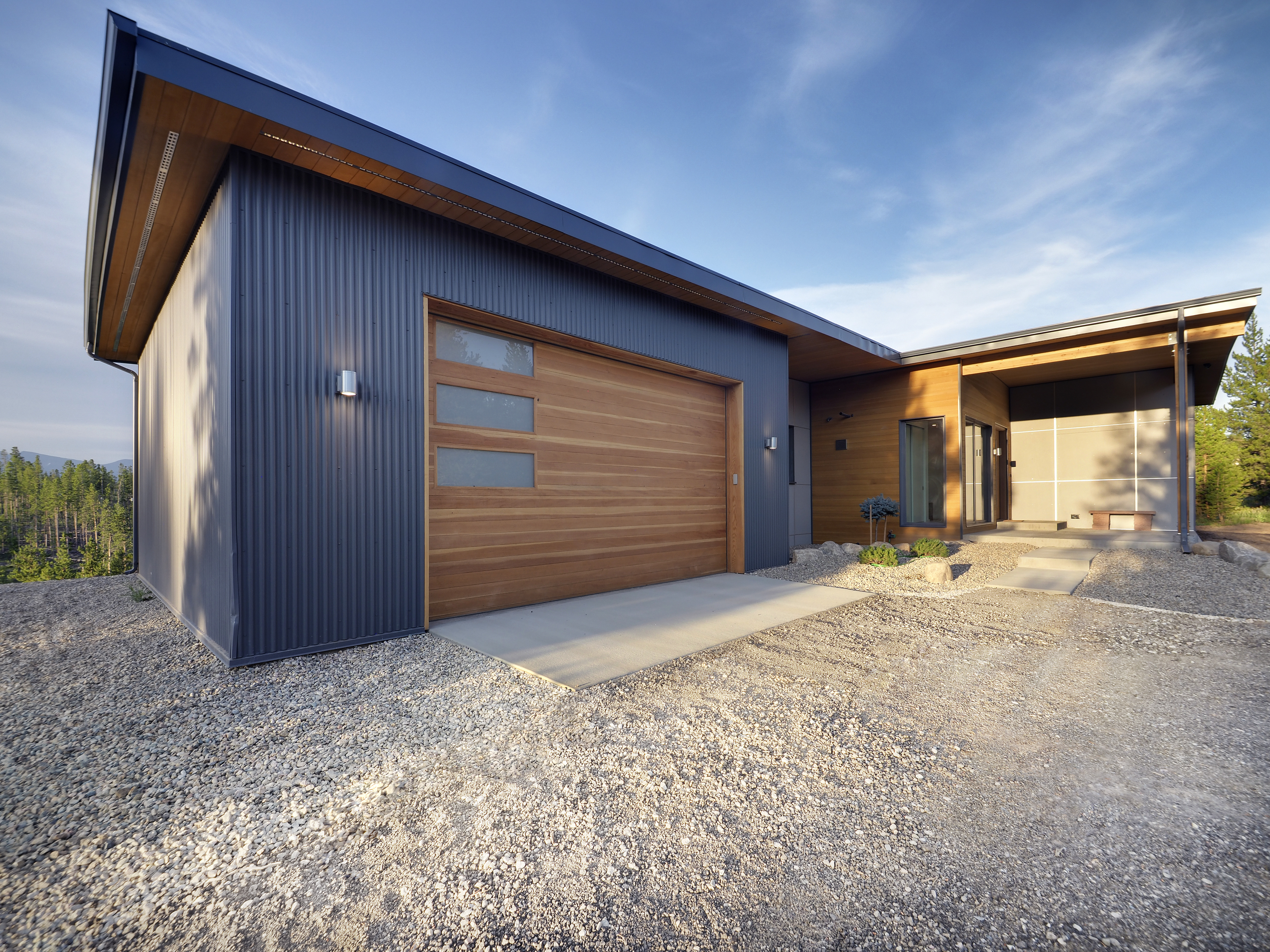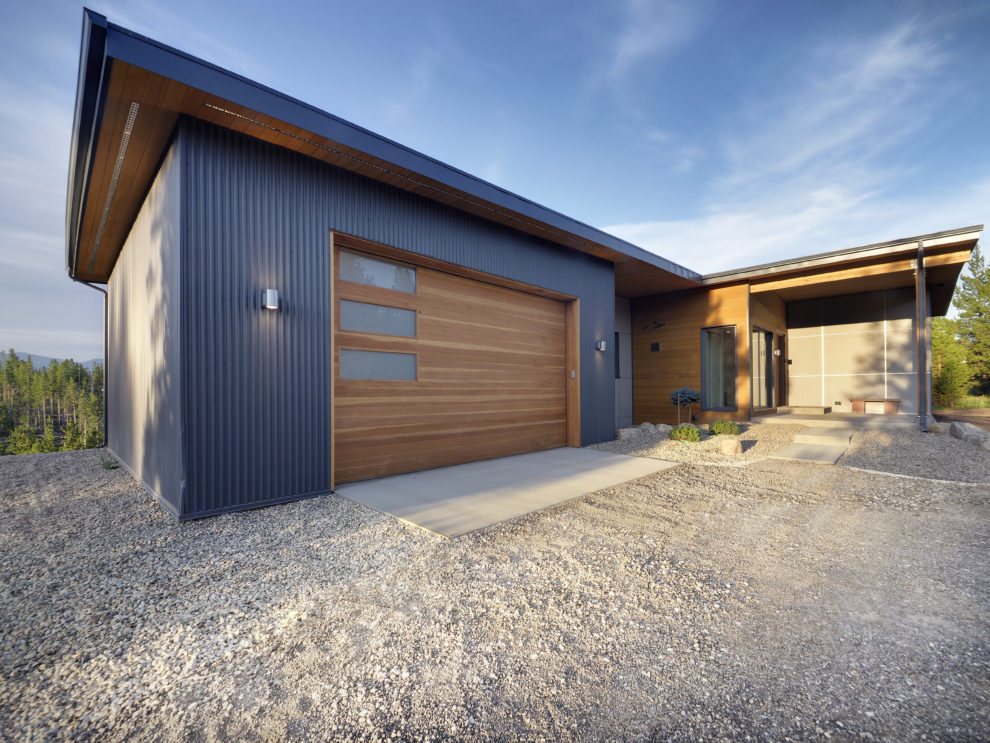Dvele, a San Diego prefab home builder, has just raised a $14 million Series A from Crescent Real Estate. While the prefab home concept isn’t new, the number of investors putting money into companies focused on the sector is increasing at a rapid rate as of late.
Subscribe to the Crunchbase Daily
In an exclusive interview, CEO and Co-founder Kurt Goodjohn shared some details with me about the company’s history, first external capital and what it plans to do with the cash.
Goodjohn launched the company in May 2017, about a year after selling a similar startup in the space, Canada-based Karoleena, to publicly-traded Horizon North Logistics. Dvele recently relocated its headquarters from Santa Rosa, Calif. to San Diego, where the company acquired a 75,000 square-foot production foundry.
With its fresh capital, Dvele plans to “aggressively” hire – with plans to boost its headcount from 100 today to more than 240 over the next year. So far, Dvele has built about 125 homes. This year it will shift its focus to a higher-end product.
Like all prefab home builders I’ve talked to, Dvele touts its ability to build homes “faster” as an advantage over traditional home builders. Factory time is about six to 10 weeks, while total construction of a home takes about six months, according to Goodjohn. The offsite building process allows the company to sell its homes for the same prices, regardless of the market.
“So there’s no price inflation based on the area,” he told Crunchbase News.
The majority of homes Dvele builds are in the 2,400-3,400 square foot range and will sell (including cost of land) for about $1.3 million to $1.5 million. The company emphasizes its use of software automation, lean manufacturing techniques and the ability to build “extremely” energy efficient homes with the option to be “net positive.”
Dvele saw a modest $6 million in revenue in 2018 with expectations to more than triple to $20 million in 2019. Eventually, the startup aims to develop software tools to “allow people to design their own homes online,” according to Goodjohn.
In the short term, Dvele plans to use some of its funding to build homes in Ventura and Santa Rosa which were both badly damaged by wildfires. The new homes will go on sites where previous homes were destroyed by the fires and become available for sale this summer at a price point Goodjohn estimates will be lower than other homebuilders will offer, and faster than traditional home construction timelines.
Perhaps the highest profile company that has raised venture money in the space, a segment within the expansive construction tech sector, is Menlo Park-based Katerra. The startup has raised $1.2 billion in venture funding since its inception in 2015. It is focused on garden style apartments and other multifamily construction. Of course, there are a number of smaller players in the space, such as Dvele.
Goodjohn likens Dvele’s approach to that of Katerra’s but on a smaller, different scale.
“We are Katerra, but for a much larger market of single-family homes,” he said. “I happen to really like a lot of what Katerra is doing and I think we can help each other finally turn the industry as a whole around.”
Coincidentally, I also caught up today with Prescient Executive Chairman Satyen Patel. Durham, N.C.-based Prescient is focused on prefab construction as well, but is locked in on multifamily, student housing, market rate apartments, senior living, hotels and armed forces and employee housing. Patel first told me back in October how a powerpoint presentation in 2012 led to 75 patents across 30 countries (and 64 more on file), $195 million in equity funding, a pre-money valuation of $650 million, and a 119 percent compounded annual growth (CAGR) since 2012. Over the past seven years, Prescient has completed 36 buildings for a total of 5.6 million square feet of construction with another 4.7 million under development.
Prescient recently began construction on a 1.3 million square foot student housing project at University of California-Davis that marked the company’s first seismic job and what is being touted as the largest student housing project ever built. The company is reportedly in the process of raising a $100 million round of funding, according to the Wall Street Journal.
Ultimately the players in this space are interesting because they are not only drawing VC interest (naturally, that’s our deal) but also because they are attempting to market themselves as innovative and affordable options – two angles we consider noteworthy.

Stay up to date with recent funding rounds, acquisitions, and more with the Crunchbase Daily.











![Illustration of stopwatch - AI [Dom Guzman]](https://news.crunchbase.com/wp-content/uploads/Halftime-AI-1-300x168.jpg)
67.1K Followers